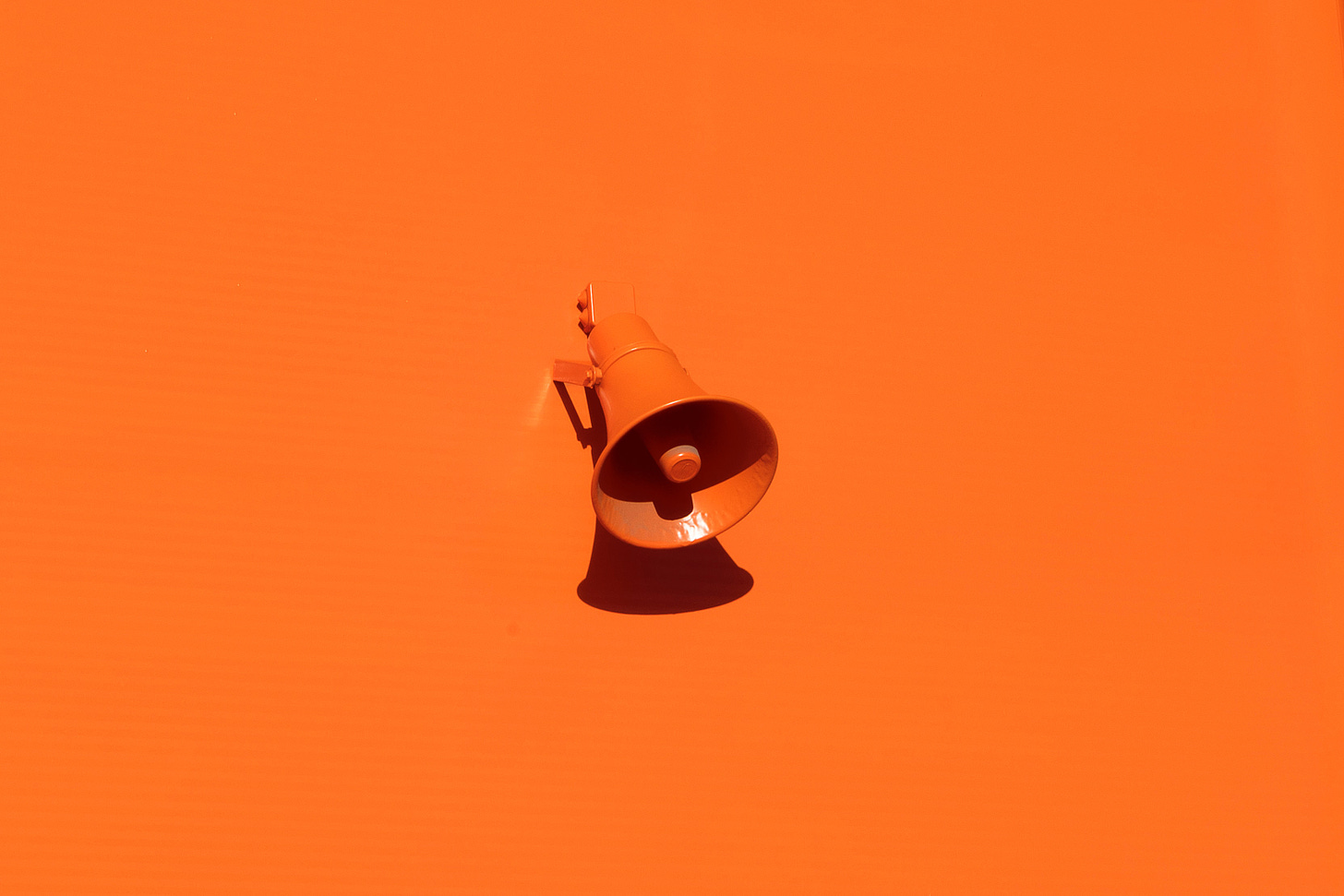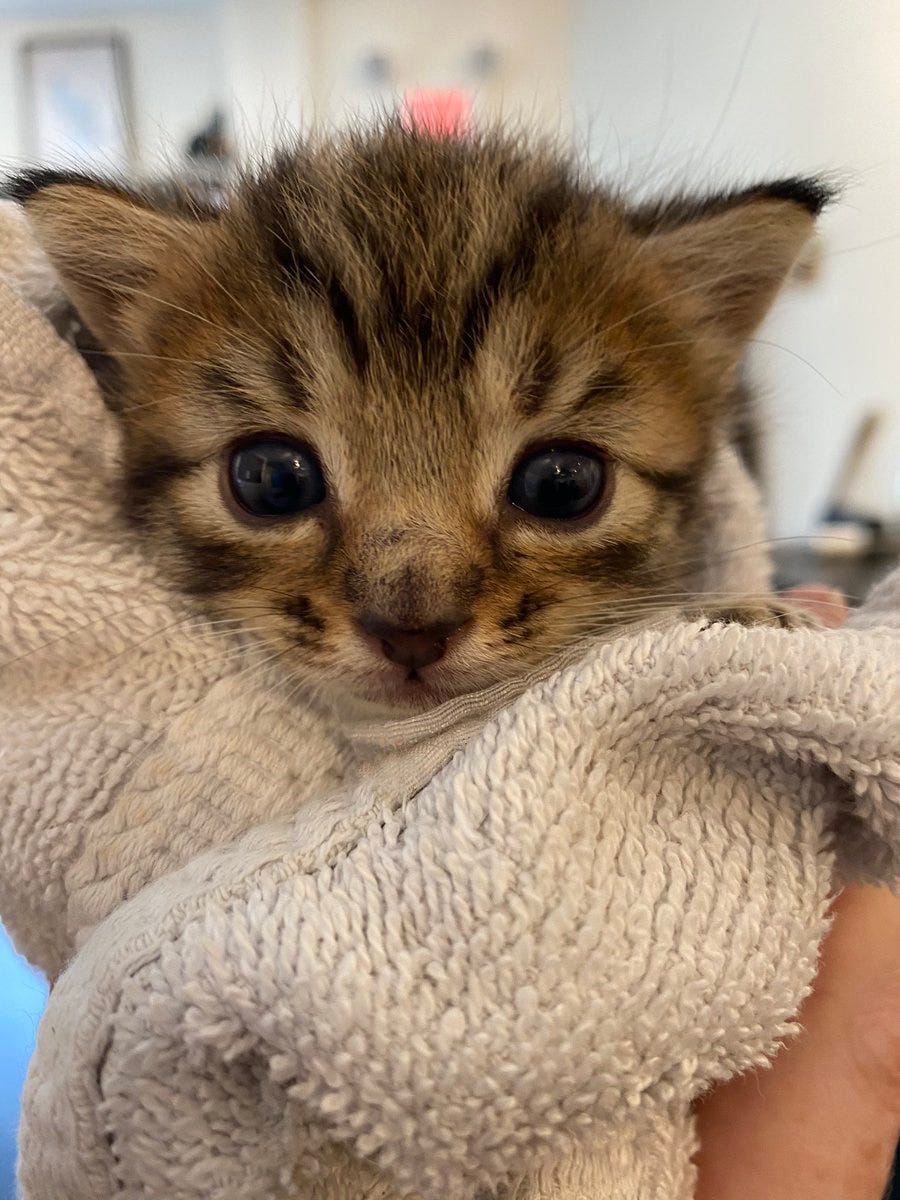Because it’s in our nature to look at discrete events and try to find a commonality, you’ll have to bear with us here as we struggle (or twirl, as the case may be) through a bunch of stuff in the hopes that we land on a point. Start the music.
Last summer, we tweeted the observation that the 2020 presidential election would be the first one in two decades that we weren’t going to be debating online in any way. Having been Too Online since the ‘90s, we’d gotten into more arguments with strangers over the decades regarding the topic of presidential elections than we feel comfortable admitting. After the 2016 election, and the ensuing revelations about the ways in which people on social media sites were manipulated by bad faith actors and disinformation campaigns, we realized two things; first, that arguing politics with anonymous strangers is a task that bears absolutely no fruit at all and second, that it does more inadvertent harm than we’d ever realized. After making what we thought was a banal observation about avoiding arguments, we immediately got several appalled and even angry responses (from strangers, mind you) demanding to know why we were avoiding debates about important matters, with one person repeatedly criticizing our “silence” and declaring that it came from a place of privilege, as if marginalized people had no choice but to argue with accounts with names like MAGAPatriots4Trump2020 every day. We didn’t engage with any of these responses, partially because social media’s terrible for debate (which was our point all along) and partially because they came from a place that strikes us completely ludicrous. Being silent about something on twitter doesn’t mean you’re silent about it everywhere and not one person who responded angrily ever considered or asked if we were politically involved out in the real world. No one could wrap their head around the idea that there are ways other than social media to be involved real-world matters. Alarmingly, not one person who responded angrily could even fathom the idea that such arguments serve no purpose. The tone was basically “You have a responsibility to defend the Democratic candidate for president even if you think it’s pointless and you don’t want to do it.” As if Twitter was some form of national service or something.
A month or so ago, a journalist tweeted out a dumb take that horror movies set in space are not horror movies. Twitter, in all its righteous fury, came down on her like a ton of bricks and she spent days on the receiving end of angry messages from strangers about matters of absolutely no importance at all. It wasn’t enough for a few people to dunk on a wrong opinion. Everyone had to do it, making the same points over and over again; calling her the same names and using the same gendered insults. The journalist in question later explained that she was just tweeting out a dumb bar conversation about movies; not offering some sort of expert take. There was a backlash (of course) to the brouhaha, taking people to task for brigading a random person for expressing a bad opinion about movies. We watched all of this from the sidelines, perhaps rolling our eyes a bit at the outrage generated over a perfectly harmless if ill-considered tweet. As the outrage came up against anti-outrage outrage, we noted an exchange between two film critics (one of whom we admire greatly) to the effect that sure, maybe everyone overreacted when they spent days calling this woman an idiot, but film was their “turf” and if anyone comes on their turf and says something dumb, they should expect to be dogpiled into submission. The self-righteousness was ridiculous to watch and the justifications otherwise intelligent people came up with for harassing a woman were disheartening, to say the least.
A couple of weeks back, Joyce Carol Oates (who knows a thing or two about how to rile up a social media crowd) tweeted her observation that Mad Men didn’t have memorable or quotable dialogue, prompting a raft of fans and television critics to rise up and defend the show’s honor. We made the mistake of suggesting she wasn’t entirely wrong, but we backed out of any further conversation on the matter when it became clear once again that people were taking a relatively meaningless opinion about pop culture far more seriously than we felt the subject warranted. To be fair, Joyce Carol Oates isn’t some random person and there’s an argument that her assessments carry some weight. But the flipside to that notion is the somewhat reasonable idea that Joyce Carol Oates has more than earned the right to have her thoughts on writing considered, even if they’re tossed off on social media. Again, there was a backlash (because Twitter is an ouroboros of navel-gazing, with recriminations followed by self-assessments followed by recriminations ad aeternum), with many noting that the universally acclaimed show didn’t need defending at this point. Again, we watched several critics and culture writers who’d spent half a day arguing with people over this harmless observation sadly note later that Twitter takes advantage of the fact that they simply care too much about these matters. It wasn’t that they over-reacted to a harmless tweet; it was the algorithm’s fault.
There is another option and it’s one that seems increasingly far-fetched to a lot of social media users: you can just ignore it. You can just let a dumb opinion be a dumb opinion, especially on cultural matters that, let’s face it, are not going to have any effect on anyone’s lives. Nothing could matter less in today’s world than some random person’s wrong ideas about film genres or some less-random person’s harmless observations about television dialogue.
This week, we observed an individual with a small follower count (we say this only to note that this wasn’t someone of high influence or reach on social media) tweet that, despite their doctorate in Middle Eastern Studies, they refuse to argue about the worsening situation in Israel on Twitter, prompting – you guessed it – an avalanche of outraged people calling him evil for being silent; as if there was any possibility that a doctor of Middle Eastern studies was going through his life and his job without forming or stating opinions on the longest-standing political issue of the very region on which he’s an expert. Twitter being Twitter, this random person was treated as if he were responsible for U.S. policy on the region and that his Twitter account, with its 3-digit follower number, was the best and most useful platform for his expertise. Not only was there no difference between this response and the kinds of responses to dumb twitter opinions about movies and TV shows, but some of the same people were in the thick of it, once again berating someone for not expressing the thing that they wanted them to express. It seems pretty clear from our observations that a lot of Twitter users are addicted to the outrage, no matter the topic or the originator of said outrage.
There’s no denying that social media provides a platform for marginalized people and, at its best, can level the playing field occasionally in terms of who gets to have their say or direct the conversation. Everything from #MeToo to #BlackLivesMatter to #OscarsSoWhite has had real, measurable effects on the world and that sort of engagement should always be encouraged and supported. It’s a good thing (usually) when people use social media to advocate for a cause or to show solidarity with it, but it is by no means a requirement for entry. If someone doesn’t want to take a stand on Israel and Palestine or fails to put BLM in their profile or refuses to engage in partisan debates, we are all free to judge the hell out of them for it, but no one really has the right to demand those sorts of responses from anyone.
This is, to be clear, absolutely not a call for people to avoid taking a stand on important issues. It’s merely a reminder that Twitter isn’t life and it damn sure isn’t going to save the world. There’s far more evidence of the opposite idea. Social media, rather than bringing us all together, is doing an astonishingly good job of driving us all apart. Berating people on Twitter for not speaking out on an issue – or worse, calling them evil for refusing to do so – ignores how insufferable and unusable social media can become, not to mention how poor a venue it makes for discussion of important and complicated issues. It’s a place where misinformation on life-and-death topics grows like weeds and yet huge masses of people will spend days yelling at BeanDad or dunking on Cinnamon Toast Shrimp guy. To paraphrase Monty Python, “Twitter is a silly place.” And all too often, it seems like its heaviest users would rather blame the algorithm for all of their behavior on it. But the fact remains that disengaging is a viable social media option that should be encouraged more. It may turn out to be the one approach to social media that will save it from ruining us all.
I Was Told There Would be Cat Pictures
Twirlers, meet Spock. We don’t know much about him except that he’s 4 weeks old and that his name is Spock. Our hairstylist wound up fostering a litter of rejected kittens in the basement of their shop and meeting this ridiculously cute little dude turned out to be the best sort of unexpected bonus to our first professional haircut in over a year. We think all return-to-normal activities should come with baby animals to reduce the stress of being out in the world again, don’t you?
[Photo credit: Oleg Laptev, Tom & Lorenzo]






Ah, Twitter, the global junior high cafeteria. Also a wonderful space where people share joy and information. My husband is on the platform, he informs me of the latest food fights, at least the ones in his sphere.
I learned the hard way about the pitfalls of social media (on Facebook, ew) after the 2016 election. Threw myself into local politics and community work in a small local city. Got (purposely) entwined in several groups, some local chapters of national orgs, with the goal to synergize (ug) efforts “on the left.” Put myself out there big time on Facebook. It did not go well, as in the end, I was burning the candle on both ends, as I’m wont to do, and could not be everything the community wanted me to be (which included being a bludgeon for each cause on Facebook, etc.). It all crashed and burned in spectacular ways, and I don’t claim to have played it all right, either.
So yeah, get OFF social media, sign up for post card writing campaigns, maybe join, like, ONE social justice group you really believe in, and help them to visit your state legislature and other reps. Boots on the ground, rest your fingers.
I dunno, "Not great, Bob!" will forever live in my memory.
That being said, I feel I've been coming to the same conclusion re social media that you are espousing. Just scroll on past, just scroll on past. And Spock is a cutie!